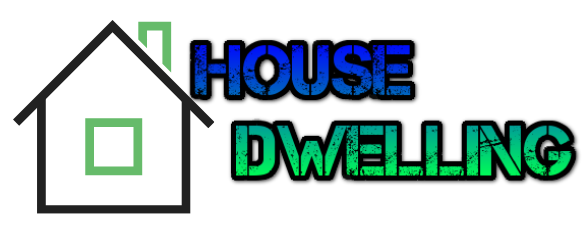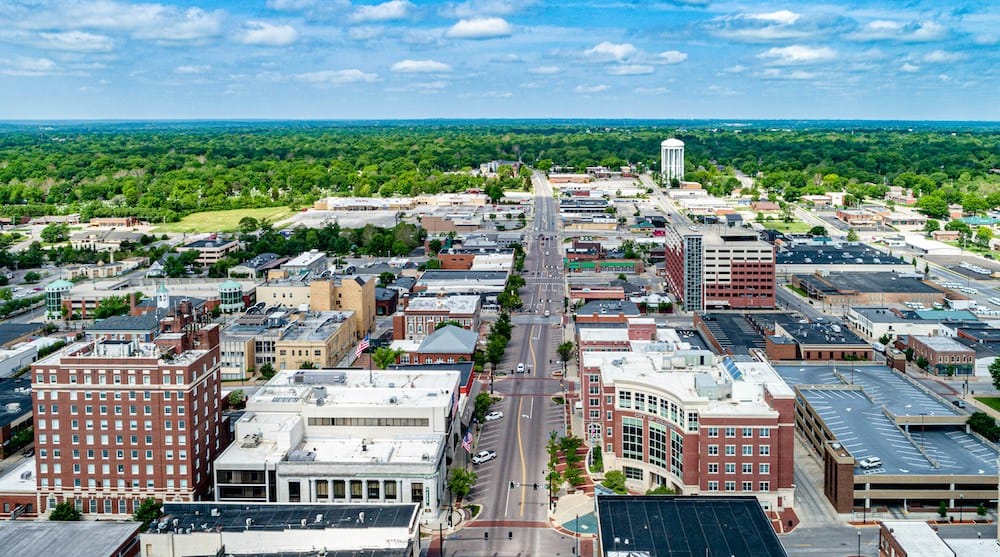Understanding squatters rights in maryland is not only an essential aspect of property ownership but can also offer peace of mind and protection against unexpected legal issues. With recent changes in real estate trends, squatters rights have become a trending topic, and gaining knowledge about this subject can benefit landlords, homeowners, and real estate enthusiasts alike. This blog post will break down squatters rights in Maryland, examine the advantages of knowing these laws, and discuss how staying informed can help you safeguard your property interests.
Introduction
Squatters rights, also known as adverse possession, refer to the legal framework that allows a person to claim ownership of property under certain conditions, even if they are not the legal owner. While some view this as a loophole for unlawful occupation, understanding squatters rights actually empowers property owners to take proactive measures and avoid potential disputes. Staying informed about these rights is especially relevant in Maryland, given unique state statutes and an increasingly dynamic housing market.
This post takes a statistical and trending approach to underscore the necessity of knowing squatters rights in Maryland, outlining the key benefits for property stakeholders.
What Are Squatters Rights in Maryland?
Squatters rights in Maryland are governed by adverse possession laws that establish the criteria under which an individual can claim ownership of a property they do not hold the title to. Typically, the squatter must possess the property:
- Openly and notoriously (meaning their presence is visible and obvious)
- Hostilely (without permission from the legal owner)
- Continuously for a specified period (in Maryland, usually 20 years)
- Exclusively and actually (using the property as an owner would)
When these requirements are met, the squatter may gain legal title to the property through a judicial process. Although the term may raise concerns among property owners, understanding how Maryland manages these laws can be advantageous.
Benefits of Understanding Squatters Rights in Maryland
Protect Your Property Investment
One of the most significant benefits of being aware of squatters rights is the ability to protect your property investment. By knowing the legal requirements that could allow someone to claim ownership of your property, you can take appropriate action to prevent this from happening. This may include regular inspections, swift action against unauthorized occupants, and keeping informed records of occupancy.
Lower the Risk of Legal Disputes
Legal proceedings regarding squatters and adverse possession can be lengthy, costly, and stressful. Staying educated on Maryland’s statutes allows property owners to avoid common mistakes that could invite legal challenges. When owners are proactive in addressing potential issues, disputes are less likely to escalate into litigation. This proactive stance saves both time and money, creating a more stable asset portfolio.
Improve Property Management Strategies
For those managing properties, especially in areas prone to vacancy or abandonment, knowledge of squatters rights can inform better management strategies. For instance, property managers who frequently inspect their holdings, maintain secure premises, and respond quickly to unauthorized use significantly reduce the risk associated with adverse possession claims. Understanding the timeline and requirements can also inform decisions about leasing, eviction procedures, and property maintenance, leading to more effective and secure management.
Increase Community Stability
When property owners are vigilant about squatters rights, neighborhoods and communities benefit from increased stability. Properties that are closely monitored and properly maintained are less likely to become targets for unlawful occupation. This prevents blight and can even enhance property values in the surrounding area, contributing to a more vibrant and secure community overall.







